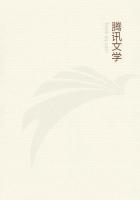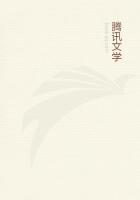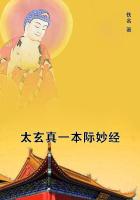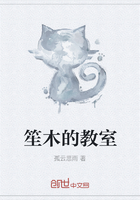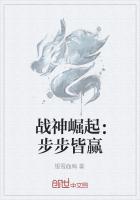When this letter came to be talked of, it was maliciously reported that it came from the Protector. I was carried in one of the King's coaches, under guard, to Vincennes. As we passed we found at several of the gates a battalion of Swiss with their pikes presented towards the city, where everybody was quiet, though their sorrow and consternation were visible enough. I was afterwards informed, however, that all the butchers in the veal market were going to take up arms, and that they might have made barricades there with all the ease in the world, only they were restrained for fear that I should have paid for their tumult with the loss of my life; so that the women remained in tears, and the men stood stock-still in a fright. I was confined at Vincennes for a fortnight together, in a room as big as a church, without any firing. My guards pilfered my, linen, apparel, shoes, etc., so that sometimes I was forced to lie in bed for a week or ten days together for want of clothes to dress myself. I could not but think that such treatment had been ordered by the higher powers on purpose to break my heart; but I resolved not to die that way, and though my guard said all he could to vex me, I affected to take no notice.
The influence of the clergy of Paris obliged the Court to explain itself concerning the causes of my imprisonment, by the mouth of the Chancellor, who, in the presence of the King and Queen, acquainted them that his Majesty had caused me to be arrested for my own good, and to prevent me from putting something that I designed into execution. The chapter of Notre-Dame had an anthem sung every day for my deliverance. The Sorbonne and many of the a religious orders distinguished themselves by declaring for me. This general stir obliged the Court to treat me somewhat better than at first. They let me have a limited number of books, but no ink and paper, and they allowed me a 'valet de chambre' and a physician.
During my confinement at Vincennes, which lasted fifteen months, Istudied both day and night, especially the Latin tongue, on which Iperceive one cannot bestow too much pains, since it takes in all other studies. I dived into the Greek also, and read again the ninth decade of Livy, which I had formerly delighted in, and found as pleasant as ever.
I composed, in imitation of Boetius, a treatise, which I entitled "Consolation de la Theologie," in which I proved that every prisoner ought to endeavour to be 'vinctus in Christo' (in the bonds of Christ), mentioned by Saint Paul. I also compiled "Partus Vincennarum," which was a collection of the Acts of the Church of Milan for the use of the Church of Paris.
My guard omitted nothing he could invent to make my life uneasy and disturb my studies. One day he came and told me that he had received orders from the King to give me an airing on the top of the donjon; and when he perceived that I took a pleasure in walking there, he informed me, with joy in his looks, that he had orders to the contrary. I told him that they were come in good time, for the air, which was too sharp there, had made my head ache. Afterwards he offered to take me down into the tennis-court to see my guards at play. I desired him to excuse me, because I thought the air would be too piercing for me; but he made me go, telling me that the King, who took more care of my health than Ifancied, had ordered that he should give me some exercise. Soon after he desired me to excuse him for not bringing me down again, "for reasons,"said he, "which I must not tell." The truth was, I was so much above these chicaneries that I despised them; but I must own that I used to think within myself that, in the main, to be a prisoner of State was of all others the most afflicting. All the relaxation I had from my studies was to divert myself with some rabbits on the top of the donjon, and some pigeons in the turrets, for which I was indebted to the continual solicitations of the Church of Paris. I had not been a prisoner above nine days when one of my guards, while his comrade who watched me was asleep, came and slipped a note into my hand from Madame de Pommereux, in which were only these words: "Let me have your answer; you may safely trust the bearer." The bearer gave me a pencil and a piece of paper, on which I wrote that I had received her letter.
Notwithstanding that three sergeants and twenty-four Life-guards relieved one another every day, our correspondence was not interrupted. Madame de Pommereux, M. de Caumartin, and M. de Raqueville wrote me letters twice a week constantly about the means to effect my escape, which I attempted twice, but in vain.
The Abbe Charier, who set out for Rome the day after I was arrested, found Pope Innocent incensed to the highest degree, and ready to throw his thunder upon the heads of the authors of it. He spoke of it to the French Ambassador with great resentment, and sent the Archbishop of Avignon, with the title of Nuncio Extraordinary, on purpose to solicit my release. The King was in a fury, and forebade the Nuncio to pass Lyons.
The Pope told the Abbe Charier that he was afraid to expose his and the Church's authority to the fury of a madman, and said, "Give me but an army, and I will furnish you with a legate." It was a difficult matter indeed to get him that army, but not impossible, if those that should have stood my friends had not left me in the lurch.

